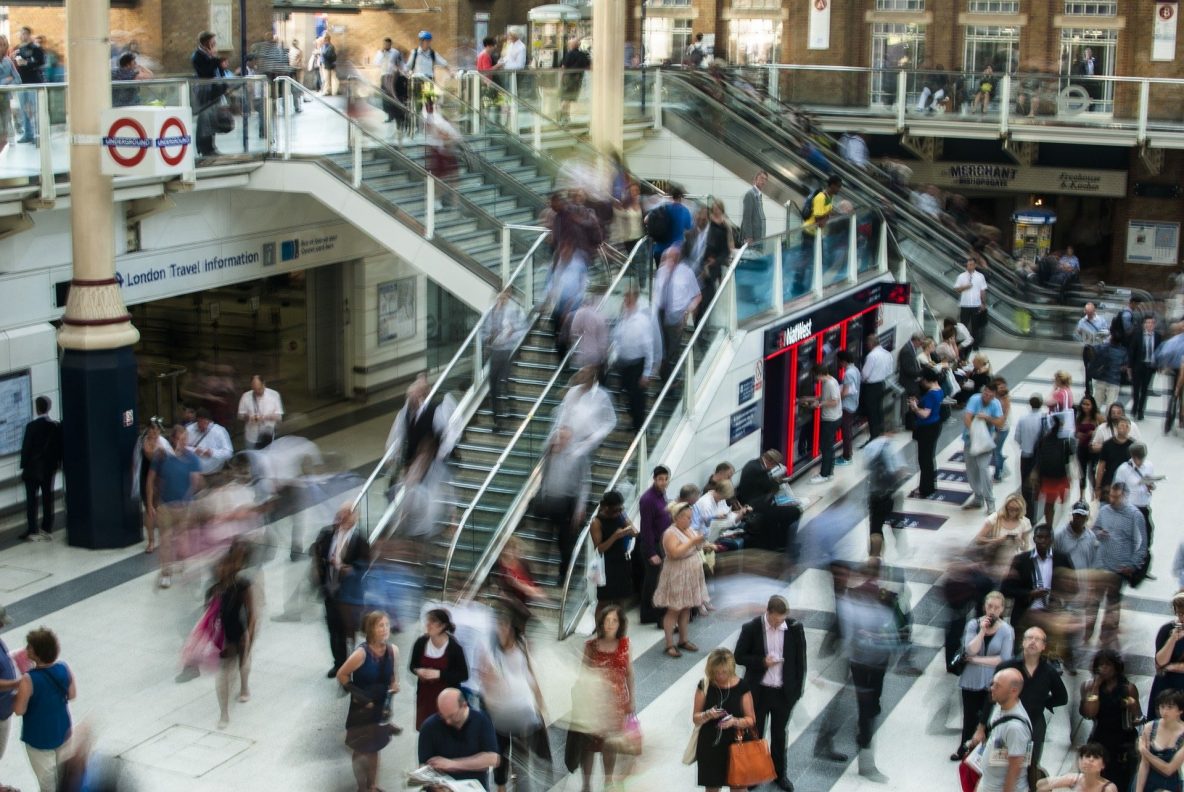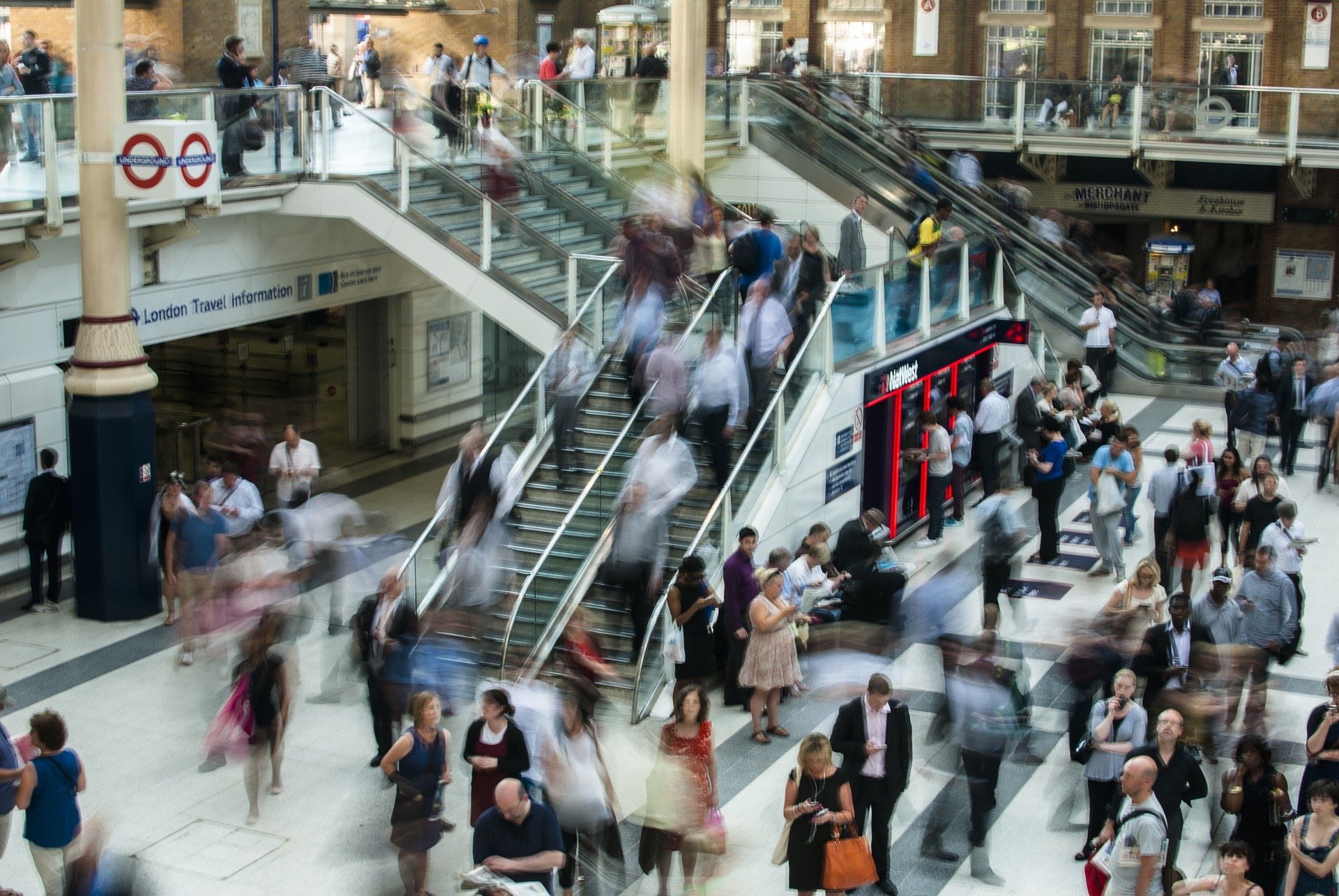Return to work impacts on individuals
Return to work impacts on businesses
There is no longer a nationwide directive for people to work from home and employers are able to welcome staff back. Social distancing has stopped so businesses can meet customers and people from different groups can mix. However, the Covid infections rate remains high, and at time of writing is fluctuating, so employers are expected to gradually implement the return, or offer a hybrid solution, consulting with employees as to what they’re comfortable with.
The necessity to self-isolate following a positive Covid test is still in place, and until 16th August so is the need to self-isolate if coming into close contact with someone who has tested positive. This could continue to have an impact on businesses who have reported absences in the hundreds of thousands.
There will be an impact on teams and departments who have had to work together in a fragmented way over the last year. Managers at all levels should get involved with the teams and take the time to find out how they’re feeling and how they can help the back to work transition. This applies throughout a business, from the post room to the board room. Flexibility is key, listening to how employees have been, how they feel about the return. Now isn’t the time to be dictatorial but to be helpful and supportive. A mentor or buddy system could be a good way to ease people back in, particularly those who joined during lockdown and haven’t been to the physical premises yet.
It’s vital to keep the wellbeing of employees to the forefront. Listening to them and finding out what will make a smooth return will only help the whole business in the long run. It’s been proven that the more honesty and transparency employees experience, the greater the trust they feel and therefore the happier and more productive they are.
There is further useful information for businesses on the CIPD website.
None of us knows what the future holds so the best thing is to look after yourself and those around you, be comfortable about your return to work and exercise caution in mixing with people, especially in crowded spaces.


